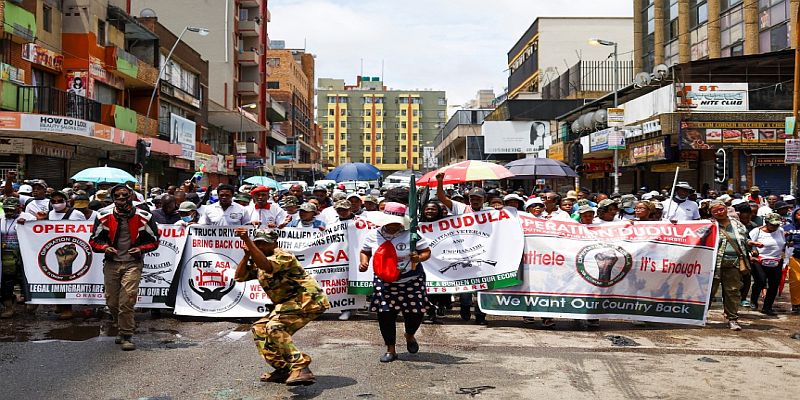South Africa: Attack on Foreigners is Betrayal of African unity

Recent reports of foreign nationals being forcibly removed from hospital beds in South Africa present a severe breach of established medical ethics and professional protocols. The situation undermines the foundational principle of Ubuntu—central to many African societies—which prescribes collective humanity and mutual respect. Removal of patients based on nationality is not just a local policy failure; it’s a violation of internationally recognized human rights, especially the right to healthcare and dignified treatment for all.
Historically, South Africa’s trajectory has been interlinked with broader African liberation efforts. During apartheid, various African states provided substantial support. The current targeting of citizens from these countries signifies a breakdown in regional solidarity and threatens the efficacy of collaborative bodies like the African Union and related economic organizations.
Incidents of xenophobic violence, particularly within critical infrastructure such as healthcare, erode the progress made in repositioning Africa’s image on the global stage. International stakeholders—including investors, development agencies, and diplomatic partners—observe these developments closely. Such incidents reinforce negative perceptions about instability and undermine confidence in South Africa as a destination for investment and tourism.
The root causes of xenophobic violence are largely systemic, originating from economic disparities, high unemployment, and overstretched public services. Redirecting public frustration toward foreign nationals diverts attention from essential discussions surrounding governance, accountability, and policy reform. This misdirection perpetuates a cycle of blame and inhibits effective resolution of structural challenges.
For Africa to maintain credibility in global human rights and development forums, adherence to these standards domestically is critical. Targeted violence against vulnerable populations erodes moral authority and undermines effective international advocacy.
The removal of foreign nationals from hospital care presents multifaceted threats to ethical standards, regional cohesion, and Africa’s international standing. Addressing these challenges will require systemic, policy-driven interventions. For South Africa, meeting the obligations of its democratic transition and honoring its historical alliances demands a proactive approach to xenophobia that extends beyond condemnation. This includes a detailed analysis of underlying socio-economic drivers and a renewed commitment to Ubuntu, understood as collective responsibility for all individuals seeking improved conditions. Only by addressing these foundational issues can South Africa restore its reputation and reassert itself as a credible regional leader.
